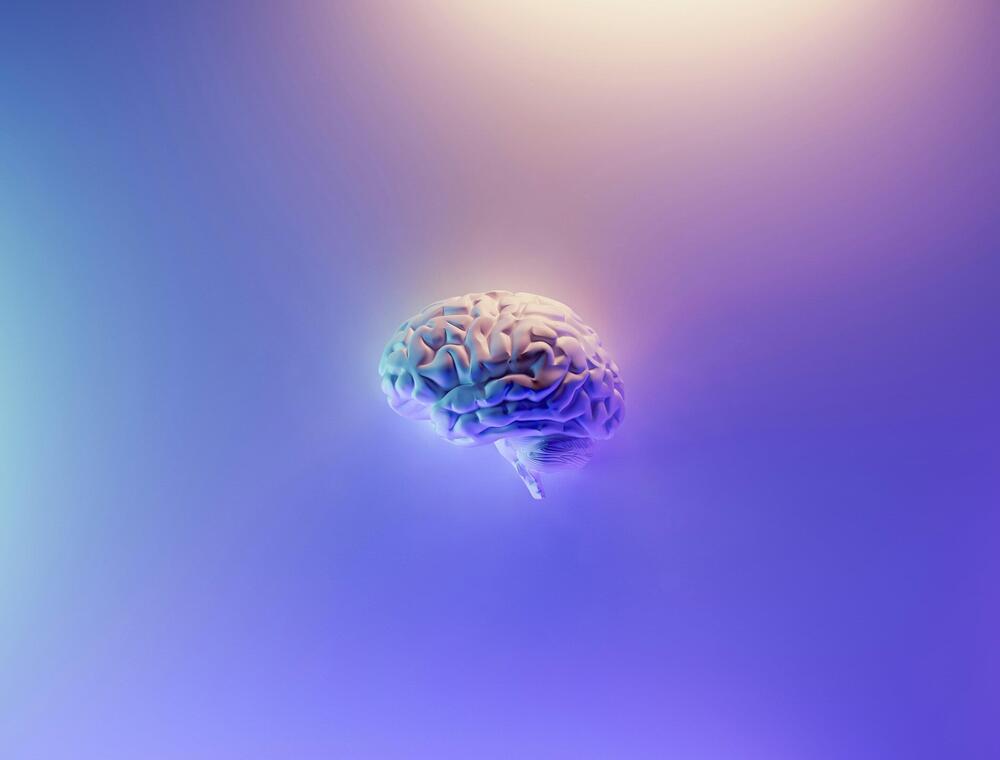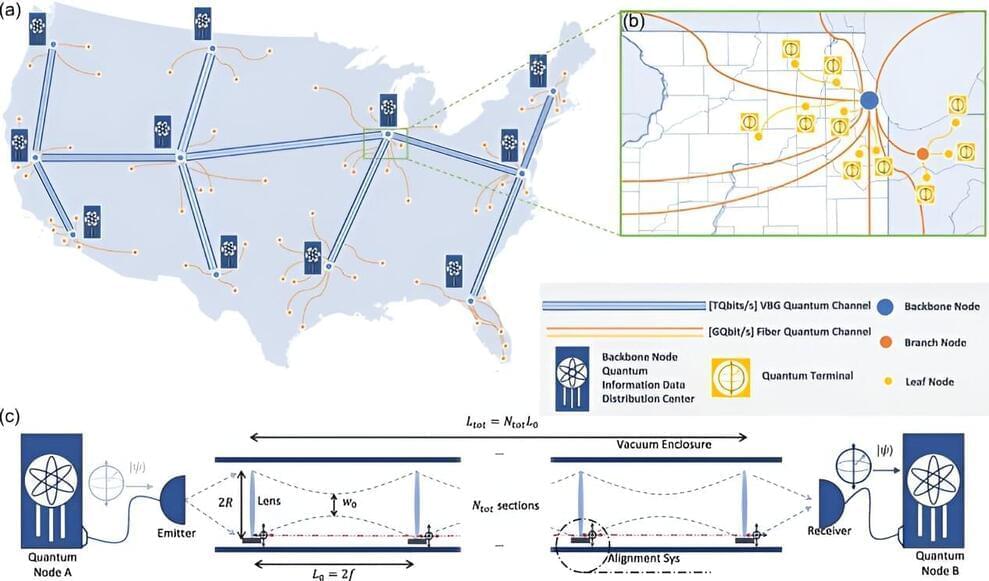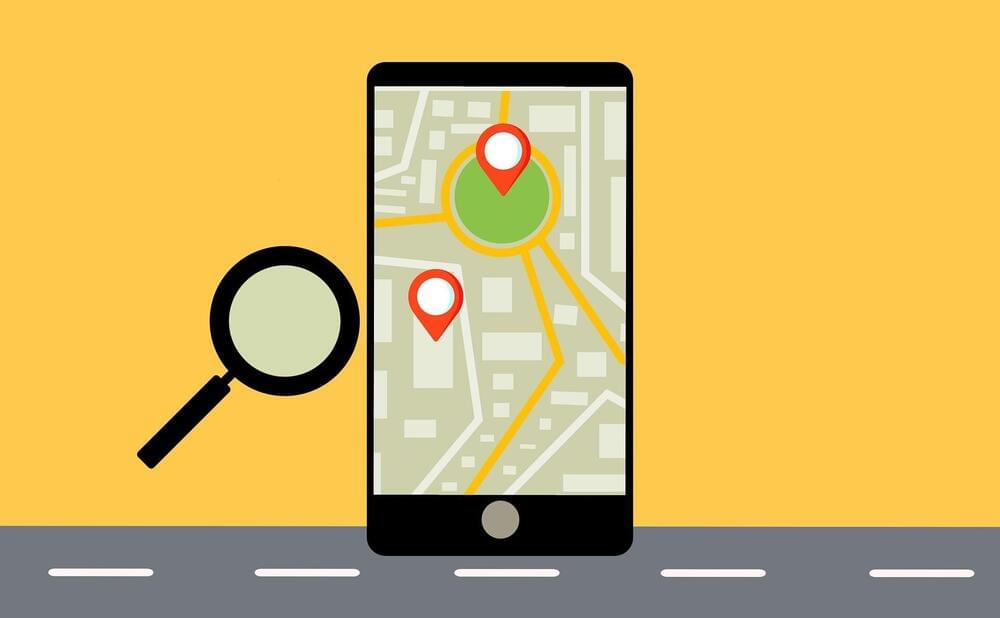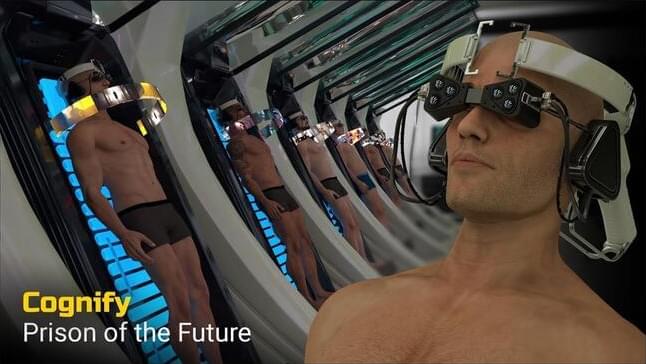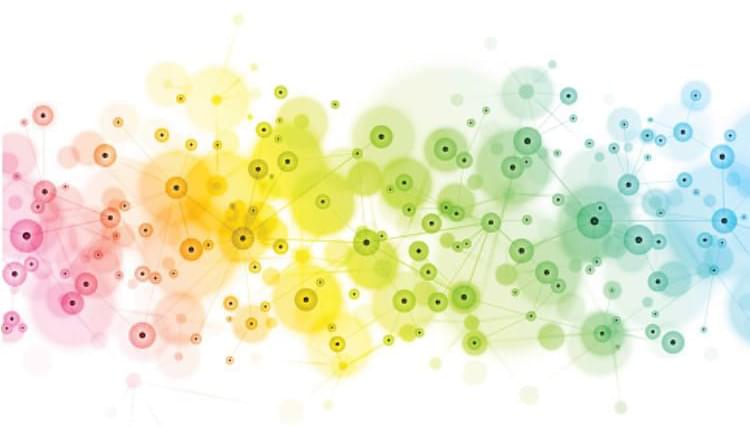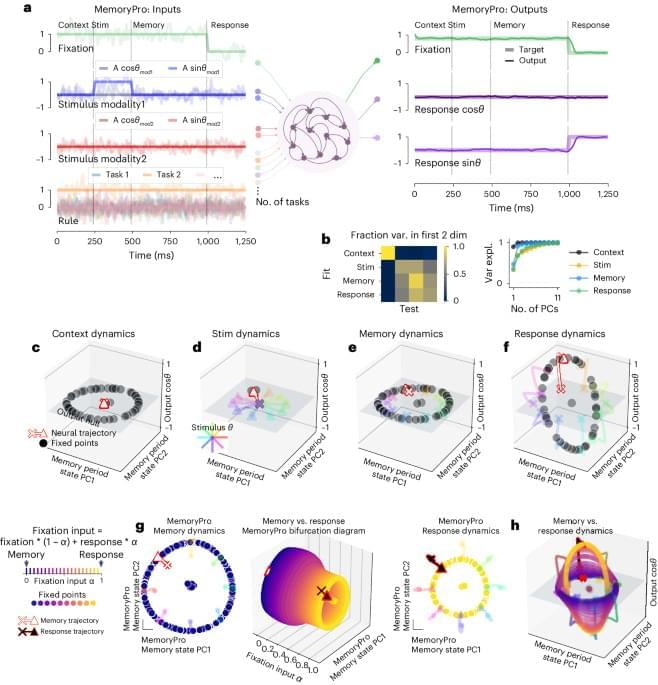Jul 10, 2024
Erasing ‘bad memories’ to improve long term Parkinson’s disease treatment
Posted by Saúl Morales Rodriguéz in categories: biotech/medical, neuroscience
Common treatments for Parkinson’s disease can address short-term symptoms, but can also cause extensive problems for patients in the long run. Namely, treatments can cause dyskinesia, a form of uncontrollable movements and postures.
In a recent study published in The Journal of Neuroscience, researchers at the University of Alabama at Birmingham took a different approach to dyskinesia and treated it like a “bad motor memory.” They found that blocking a protein called Activin A could halt dyskinesia symptoms and effectively erase the brain’s “bad memory” response to certain Parkinson’s treatments.
“Instead of looking for a completely alternative treatment, we wanted to see if there was a way to prevent dyskinesia from developing in the first place,” said David Figge, M.D., Ph.D., lead study author and assistant professor in the UAB Department of Pathology. “If dyskinesia does not occur, then patients could potentially stay on their Parkinson’s treatment for longer.”
